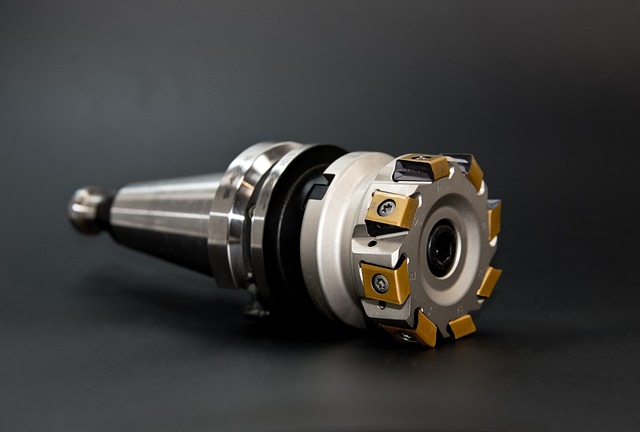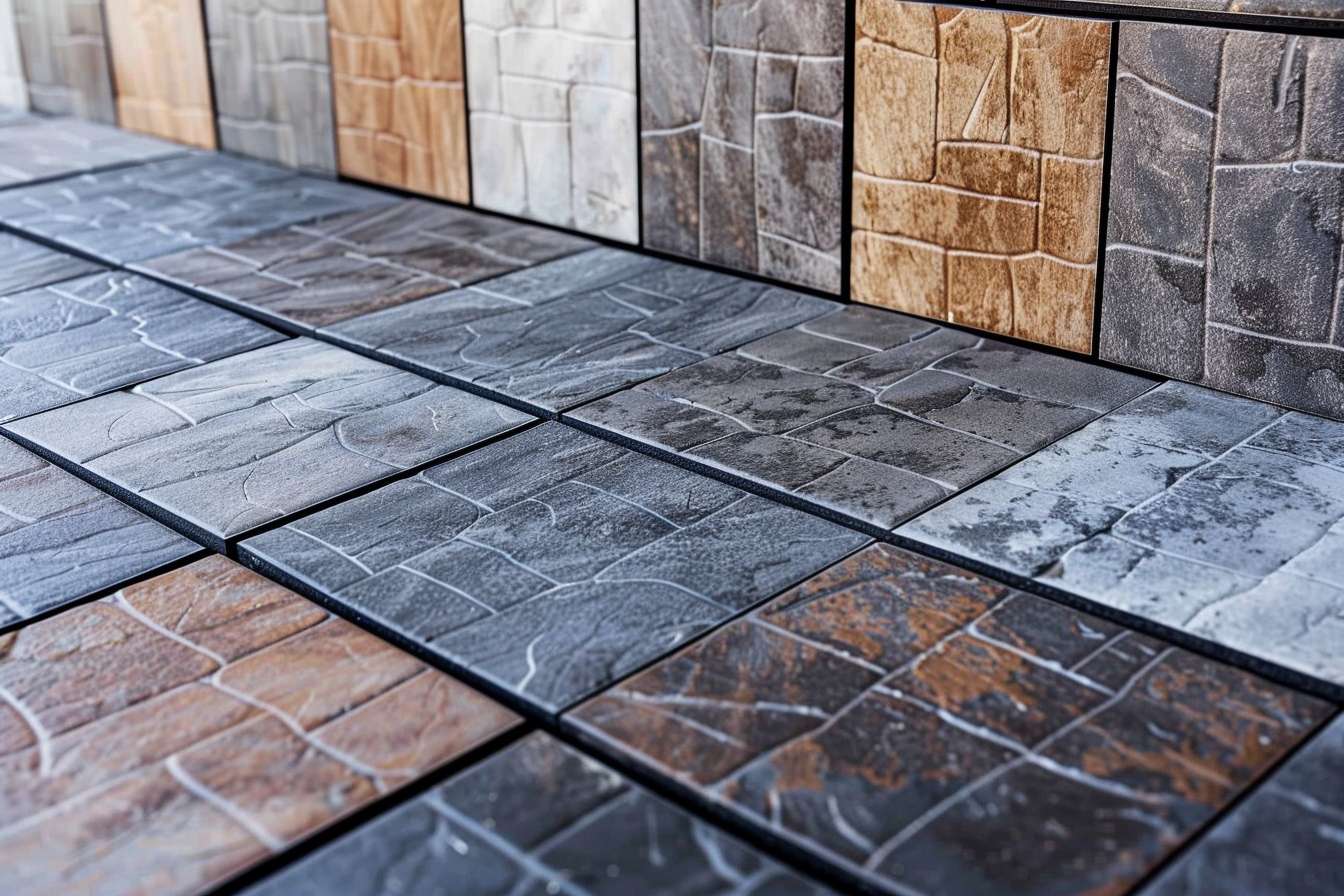Complete Guide to Choosing the Right CNC Machine
Computer Numerical Control (CNC) machines have revolutionized manufacturing by automating precision cutting, drilling, and shaping processes across countless industries. Whether you're a small business owner looking to expand capabilities or a hobbyist stepping into professional-grade equipment, understanding the fundamentals of CNC technology will help you make informed decisions that align with your specific needs and budget constraints.

What Makes a Quality CNC Machine?
When evaluating CNC machines, several critical factors determine overall quality and performance. The machine’s frame construction directly impacts precision and durability, with cast iron and welded steel frames offering superior stability compared to aluminum alternatives. Spindle power and speed capabilities define what materials you can effectively machine, while the control system determines ease of programming and operation.
Linear guides and ball screws affect accuracy and repeatability, essential for consistent results across production runs. Additionally, the machine’s work envelope—the maximum dimensions of parts it can accommodate—must align with your intended applications. Quality manufacturers typically provide comprehensive specifications, warranty coverage, and technical support to ensure long-term operational success.
CNC Plasma Cutter Features and Applications
CNC plasma cutters excel at cutting electrically conductive materials, particularly steel, aluminum, and copper, making them invaluable for metal fabrication shops and industrial applications. These machines use an electrically charged gas stream to create precise cuts through metal sheets and plates up to several inches thick, depending on the system’s power output.
Modern CNC plasma cutters feature advanced torch height control systems that automatically adjust cutting distance for optimal results across warped or uneven materials. Hypertherm, Lincoln Electric, and ESAB manufacture leading plasma cutting systems integrated with CNC controls. When selecting a plasma cutter, consider the maximum material thickness you’ll need to cut, desired cutting speed, and whether you require beveling capabilities for specialized applications.
Evaluating Used CNC Machine Options
The used CNC machine market offers significant cost savings for buyers willing to perform thorough due diligence. Reputable dealers like Machinery Values, Surplus Record, and local machine tool distributors provide detailed equipment histories and inspection reports. When examining used equipment, focus on spindle condition, axis movement smoothness, and control system functionality.
Request maintenance records and verify that replacement parts remain available from the original manufacturer. Consider the machine’s age relative to technological advances—older controls may limit programming flexibility and integration with modern CAD/CAM software. Professional inspections by qualified technicians can identify potential issues before purchase, potentially saving thousands in unexpected repairs.
Essential Selection Criteria for Your Workshop
Selecting the right CNC machine requires matching capabilities to your specific applications and production requirements. Determine the materials you’ll primarily machine, as this influences spindle power, tooling requirements, and machine construction needs. Wood, plastic, and soft metals require different specifications than hardened steel or titanium alloys.
Consider your production volume expectations and required precision tolerances. High-volume operations benefit from automatic tool changers and pallet systems, while prototype work prioritizes flexibility and ease of setup. Evaluate your facility’s power requirements, space constraints, and ventilation needs, as these factors influence installation costs and operational efficiency.
CNC Machine Pricing and Cost Considerations
CNC machine investments vary dramatically based on size, capabilities, and intended applications. Entry-level desktop units suitable for hobbyists and small parts typically range from $3,000 to $15,000, while professional-grade machines for commercial production start around $25,000 and can exceed $500,000 for large, multi-axis systems.
| Machine Type | Price Range | Typical Applications |
|---|---|---|
| Desktop CNC Mills | $3,000 - $15,000 | Prototyping, small parts, education |
| Professional CNC Mills | $25,000 - $150,000 | Production machining, tooling |
| CNC Plasma Cutters | $15,000 - $200,000 | Metal fabrication, plate cutting |
| Large Production Centers | $150,000 - $500,000+ | High-volume manufacturing |
Used machines typically cost 40-60% of comparable new equipment, depending on age and condition. Factor in installation, training, and initial tooling costs when budgeting for CNC equipment.
Prices, rates, or cost estimates mentioned in this article are based on the latest available information but may change over time. Independent research is advised before making financial decisions.
Making Your Final Decision
Successful CNC machine selection requires balancing immediate needs with future growth potential. Consult with manufacturers’ applications engineers who can recommend specific configurations based on your requirements. Many suppliers offer financing options and lease programs that reduce initial capital requirements while providing access to current technology.
Consider the total cost of ownership, including maintenance, tooling, and operator training expenses. Establish relationships with local technical support providers and ensure adequate power and infrastructure exist before installation. With proper research and planning, the right CNC machine will provide years of reliable service while expanding your manufacturing capabilities and competitive advantages in today’s precision-driven marketplace.




